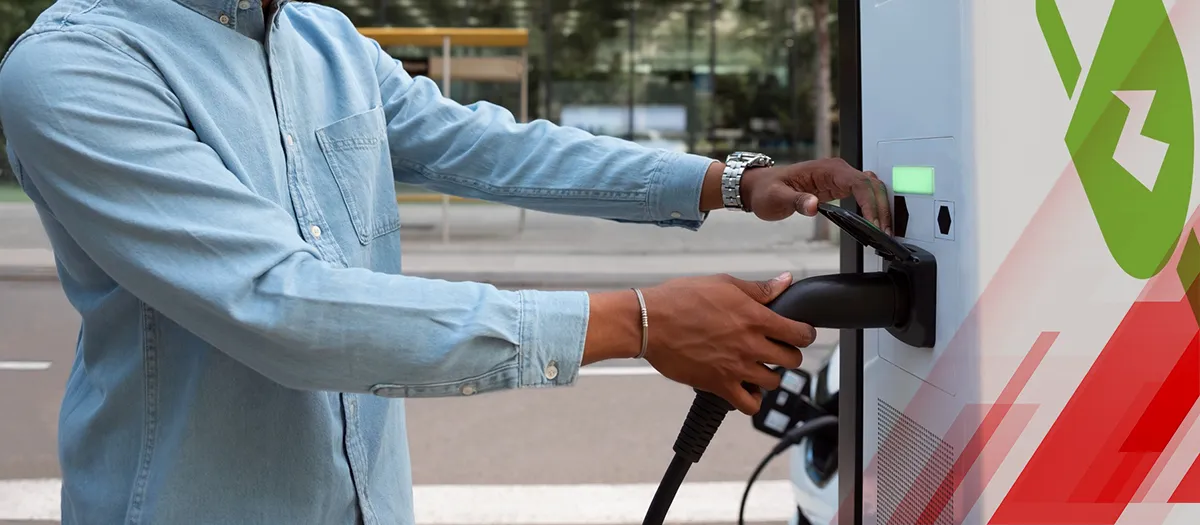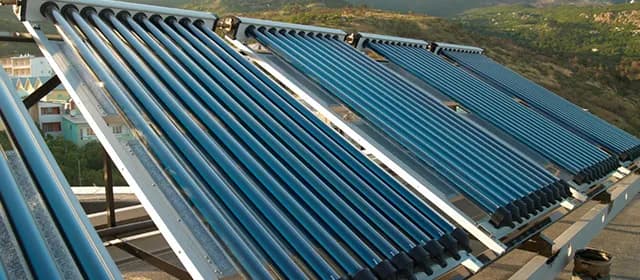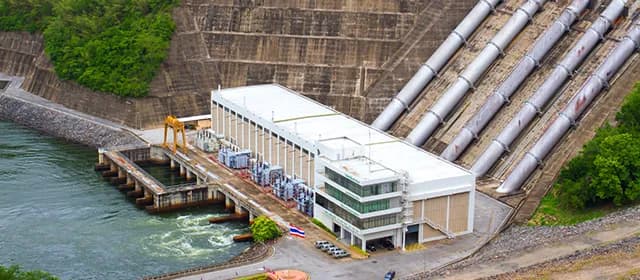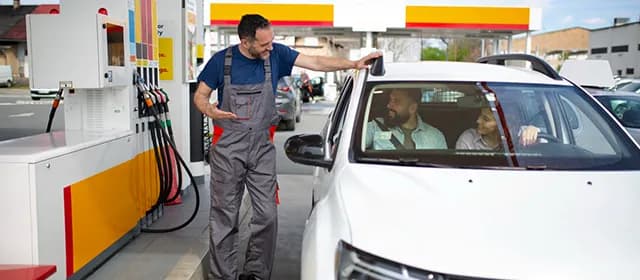As the electric vehicle (EV) industry accelerates globally, so does the demand for sustainable battery disposal and resource recovery. With millions of EV batteries approaching end-of-life in the coming years, efficient recycling solutions have become critical—not just for minimizing environmental impact, but also for securing valuable materials like lithium, cobalt, and nickel. In response, a growing number of companies are pioneering advanced technologies and closed-loop systems to address this pressing challenge.
This blog highlights the top 10 companies at the forefront of the EV battery recycling market, showcasing their innovations, capabilities, and contributions to building a circular economy within the energy storage ecosystem.
Top 10 Companies Leading the EV Battery Recycling Market
As the global shift towards electric vehicles (EVs) accelerates, the importance of sustainable battery recycling becomes paramount. Recycling not only mitigates environmental concerns but also ensures the availability of critical materials for future battery production. According to King Research, the global EV battery recycling market is likely to generate a revenue of USD 11134.0 million by 2032.
Here’s an in-depth look at ten companies at the forefront of the EV battery recycling industry:
1. LOHUM (India)
LOHUM, based in Greater Noida, India, has emerged as a significant player in the battery recycling sector. With a market share of approximately 70% in India, the company has developed technology and infrastructure capable of recycling and refining battery materials equivalent to powering over 50,000 EVs annually. LOHUM's operations are profitable even at scales as low as 1 GWh, and the company is expanding its presence internationally, including plans to establish facilities in the U.S. and the EU.
2. Umicore (Belgium)
Umicore, headquartered in Brussels, Belgium, is a global materials technology company with a strong focus on battery recycling. Utilizing a unique combination of pyro- and hydrometallurgical processes, Umicore achieves high recovery yields of over 95% for nickel, copper, and cobalt, and over 70% for lithium. Their process is noted for being 20-30% more cost-efficient and having a lower carbon footprint compared to alternative methods.
3. Hosokawa Micron Group (Japan)
Hosokawa Micron Group, based in Japan, specializes in powder and particle processing technology. While specific details about their EV battery recycling operations are limited, the company's expertise in material processing positions it well to contribute to the recycling of battery materials, particularly in the development of equipment and processes for material recovery.
4. SUNY GROUP (China)
SUNY GROUP, headquartered in China, focuses on the design, R&D, production, and sales of various solid waste recycling equipment. Their offerings include lithium battery recycling equipment, with successful installations in countries like Korea and Poland. SUNY GROUP aims to become a global leader in recycling technology, emphasizing sustainable development and environmental responsibility.
5. Attero (India)
Attero, based in India, employs a combination of mechanical and hydrometallurgical technologies to recycle lithium-ion batteries. Their process is chemistry-agnostic, capable of handling various battery chemistries and sizes. Attero claims to recover over 98% of valuable metals such as lithium, cobalt, manganese, and nickel, producing battery-grade purity materials. The company plans to expand its recycling capacity to 1 million tons by 2030.
6. ReBAT (India)
ReBAT is an Indian company specializing in battery recycling solutions. While detailed public information is limited, ReBAT focuses on the collection, transportation, and recycling of used batteries, contributing to the circular economy and environmental sustainability in the EV sector.
7. BATX Energies (India)
BATX Energies, also based in India, is involved in the recycling of lithium-ion batteries. The company emphasizes the recovery of valuable materials and the safe disposal of hazardous components, aiming to reduce environmental impact and support the sustainable growth of the EV industry.
8. Zhengzhou Guanma Machinery Equipment Co. (China)
Zhengzhou Guanma Machinery Equipment Co., located in China, manufactures machinery for various recycling applications, including battery recycling. Their equipment is designed to efficiently process and recover materials from used batteries, supporting the recycling infrastructure necessary for the EV industry.
9. Redwood Materials Inc. (USA)
Founded by Tesla co-founder JB Straubel, Redwood Materials is a U.S.-based company focusing on creating a sustainable battery supply chain by recycling lithium-ion batteries. The company recycles over 70% of North America's lithium-ion batteries and plans to produce 100 GWh of cathode active material annually by 2026, sufficient for 1.3 million EVs. Redwood's vertically integrated approach recovers 98% of critical minerals, reducing emissions and reliance on international supply chains.
10. Li-Cycle Corp. (Canada)
Li-Cycle Corp., headquartered in Canada, utilizes its patented Spoke & Hub Technologies™ to recycle lithium-ion batteries. Their process enables up to a 95% recovery rate of critical materials, producing high-quality, battery-grade materials. Li-Cycle has established partnerships with major EV manufacturers and is expanding its operations in North America and Europe.
Future Outlook of the EV Battery Recycling Market
The EV battery recycling market is expected to experience explosive growth in the coming years, fueled by the global rise in electric vehicle adoption, stringent environmental regulations, and a push for circular economy practices. Asia-Pacific leads this growth, with China, Japan, South Korea, and India making significant investments, while Europe and North America follow closely due to robust regulatory frameworks and increased government support. Technological advancements such as hydrometallurgical processes, direct recycling, automation, and AI integration are making recycling more efficient and environmentally friendly.
In parallel, automakers and battery manufacturers are forming strategic partnerships with recyclers to ensure a stable supply of critical materials like lithium, cobalt, and nickel. However, challenges such as the high cost of recycling technologies and the lack of standardization in battery chemistries still need to be addressed. Despite these hurdles, the outlook remains highly positive, positioning EV battery recycling as a key pillar in the sustainable growth of the global electric mobility ecosystem.
Bottom Line
The rapid expansion of the EV battery recycling market has underscored the urgent need for effective battery recycling infrastructure. The companies featured in this list are not only addressing environmental concerns but are also creating economic opportunities by recovering high-value materials and reintegrating them into the supply chain. As technological advancements and regulatory support continue to evolve, these industry leaders are well-positioned to shape the future of sustainable mobility and resource efficiency. Their efforts mark a critical step toward reducing the carbon footprint of electric vehicles and fostering a more resilient, circular battery ecosystem.



